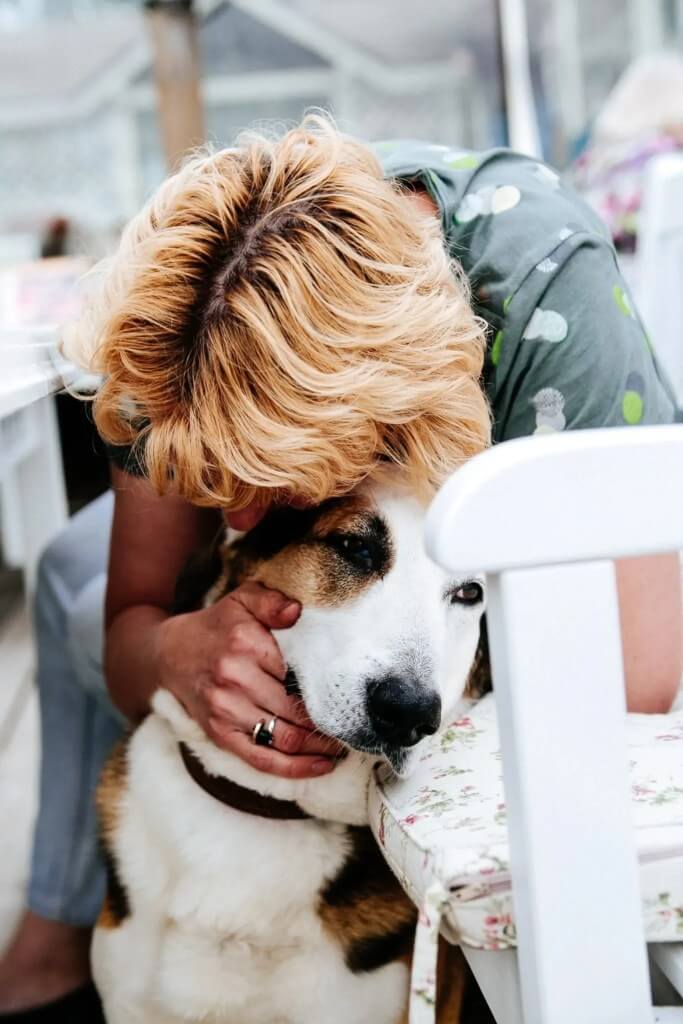
Cognitive dysfunction/Senility
Behavioral changes can be some of the more challenging changes that occur in our older pets. Signs of an aging brain/mind include: aimlessly wandering or pacing the house, altered sleep/wake cycles, acting confused, getting lost in the house, not recognizing familiar people or pets, regression in-house training and/or other changes in personality such as increased aggression. It can be natural to want to scold them for making “mistakes”, or waking us up at night, but we need to remember that these actions are not being done on purpose. Unfortunately, there is no cure for /senility, several modalities have been tried with variable success rates. The following have been found to be helpful in some cases.
- Feeding a diet fortified with
- nbsp;(canine only)
- Purina ProPlan Veterinary Diets Neurocare (canine only)
- is a daily oral medication that can help reduce some symptoms of cognitive dysfunction; it is impossible to predict what signs/symptoms it may help and it can take up to 4 weeks to see a response. (canine only)
- S-Adenosylmethionine ( SAM-e) is a daily chewable tablet that contains a powerful antioxidant which can be helpful in reduction in symptoms. (canine and feline)
- is a nutritional supplement high in Vitamins B and anti-oxidants which can improve the quality of life for elderly dogs by delaying the appearance of age-related behavioral problems
- Environmental enrichment such as regular exercise and the introduction of new toys or rotation of toys can help stimulate the brain and slow progression of cognitive dysfunction.
- Studies have shown that dogs that were given both dietary and environmental enrichment had the most significant improvement in cognitive dysfunction when compared to dogs who did not have enrichment.
Happiness

Of course, this is the most important, but often overlooked, key to helping our geriatric/senior pets. We love them unconditionally and because of this we, as pet owners, are the most important judge of their happiness. Keep in mind the things that make them special to you, what they love best, what gives them joy. Remember that even as the burden of caring for them increases with age, we also need to keep in mind and provide them the things that bring them joy; such as car rides, walks (or trips outside in a wagon or stroller), a nap in the perfect sun spot, a visit with a special friend, beloved toys, a favorite snack or snuggles and cuddles with you.
Caring for our pets as they age and develop medical conditions can be difficult. But we, at Brook-Falls Veterinary Hospital & Exotic Care, Inc. understand the loving bond that connects us with our “fur-children.” If you have questions or concerns about the best ways or options to treat and help your pet, do not hesitate to or email us at any time.
This completes our 4 part series of our Senior Pet Care Guide. You can either subscribe by our rss feed>
Go here to read Part 1, Part 2, Part 3.


